When you think about the essentials of life, what comes to mind? Water, air, and perhaps food, right? But lurking behind the scenes, there’s an unsung hero—proteins! These incredible molecules play crucial roles in our bodies and in the life of every living organism. In this article, we’ll dive deep into what proteins are, their functions, sources, and much more. So, grab a snack, and let’s get into it!
What Are Proteins?
Proteins are large, complex molecules made up of chains of amino acids. These chains fold into unique shapes that determine their function. You can think of proteins as tiny machines that perform various tasks in our bodies. But how do these machines come together, and why are they so essential? Let’s break it down.
The Building Blocks: Amino Acids
Amino acids are the individual units that make up proteins. There are 20 different amino acids, and our bodies can produce 11 of them. The remaining nine are known as essential amino acids, meaning we need to obtain them from our diet.
Essential Amino Acids: The Must-Haves
- Histidine
- Isoleucine
- Leucine
- Lysine
- Methionine
- Phenylalanine
- Threonine
- Tryptophan
- Valine
How Proteins Are Formed
Proteins are formed through a process called protein synthesis, which occurs in two main steps:
Transcription: DNA is transcribed into messenger RNA (mRNA) in the nucleus.
Translation: The mRNA is translated into a specific sequence of amino acids at the ribosomes, creating a protein.
Functions of Proteins
Proteins perform a wide array of functions in our bodies. Here are some of the key roles they play:
1. Structural Support
Proteins like collagen and keratin provide structure and strength to cells and tissues. Collagen, for example, is a major component of skin, bones, and connective tissues.
2. Enzymatic Activity
Enzymes are proteins that catalyze biochemical reactions, speeding them up and making life possible. Without enzymes, many reactions would occur too slowly to sustain life.
3. Transport and Storage
Proteins like hemoglobin transport oxygen in our blood, while others store nutrients and minerals in cells.
4. Hormonal Regulation
Many hormones are proteins that help regulate various physiological processes, such as insulin, which controls blood sugar levels.
5. Immune Function
Antibodies, which are proteins, help our immune system identify and neutralize pathogens like bacteria and viruses.
Sources of Proteins
Incorporating proteins into your diet is vital for maintaining health. Here are some excellent sources of protein:
Animal Sources
- Meat: Chicken, beef, pork, and lamb are rich in protein.
- Fish: Salmon, tuna, and mackerel provide high-quality protein along with omega-3 fatty acids.
- Dairy: Milk, yogurt, and cheese are excellent sources of protein and calcium.
- Eggs: A complete protein source containing all essential amino acids.
Plant Sources
- Legumes: Lentils, chickpeas, and beans are great protein sources for vegetarians and vegans.
- Nuts and Seeds: Almonds, peanuts, chia seeds, and flaxseeds are rich in protein and healthy fats.
- Whole Grains: Quinoa, brown rice, and oats contain more protein than refined grains.
- Soy Products: Tofu, tempeh, and edamame are high in protein and versatile for cooking.
Protein Requirements: How Much Do We Need?
The amount of protein you need depends on various factors, including age, sex, weight, and level of physical activity. On average, adults should aim for 46 grams per day for women and 56 grams for men. However, athletes or those with higher physical demands may require more.
How to Calculate Your Protein Needs
A simple way to calculate your protein needs is to multiply your body weight (in kilograms) by 0.8 (for sedentary individuals). For example, if you weigh 70 kg, you would need about 56 grams of protein daily.
Protein Supplements: Do You Need Them?
With busy lifestyles and dietary restrictions, many people turn to protein supplements like whey, casein, or plant-based protein powders. But do you really need them?
When to Consider Protein Supplements
- High Athletic Performance: Athletes may benefit from additional protein to support recovery and muscle growth.
- Weight Loss Goals: Protein can help you feel fuller for longer, aiding weight loss efforts.
- Dietary Restrictions: If you’re vegetarian or vegan, supplements can help you meet your protein needs.
Choosing the Right Supplement
If you decide to use protein supplements, look for high-quality products with minimal additives. It’s always best to consult with a healthcare provider or a nutritionist before adding any supplements to your diet.
Common Misconceptions About Proteins
1. More Protein Equals More Muscle
While protein is essential for muscle growth, consuming excessive amounts won’t necessarily lead to more muscle. Proper training and overall nutrition play significant roles.
2. All Proteins Are Equal
Not all proteins are created equal. Animal proteins generally provide all essential amino acids, while many plant proteins may lack one or more. It’s crucial to eat a variety of protein sources.
Conclusion
Proteins play a vital role in maintaining overall health, from building muscle to supporting the immune system. Understanding their functions, sources, and daily requirements can help you make informed dietary choices and improve your well-being. Remember, a balanced intake of protein from various sources can lead to a healthier lifestyle.
For more insights on nutrition and health, explore our website Syner Nutrition, where we provide high-quality supplements and expert guidance to help you achieve your fitness and wellness goals. Visit us today and take the next step towards better nutrition!
FAQs
1. What are the best sources of protein for vegetarians?
Some excellent sources include legumes, nuts, seeds, dairy, and soy products like tofu and tempeh.
2. Can I get enough protein from a vegan diet?
Yes! A well-planned vegan diet can provide all the essential amino acids through a variety of plant sources.
3. How much protein should I eat after a workout?
Aim for about 20-30 grams of protein within 30 minutes to two hours after exercise for optimal recovery.
4. Are protein supplements necessary for everyone?
No, most people can meet their protein needs through a balanced diet. Supplements are typically more beneficial for athletes or those with specific dietary restrictions.
5. What happens if I don’t consume enough protein?
Insufficient protein intake can lead to muscle loss, weakened immune function, and overall fatigue. It’s essential to meet your daily protein requirements for optimal health.
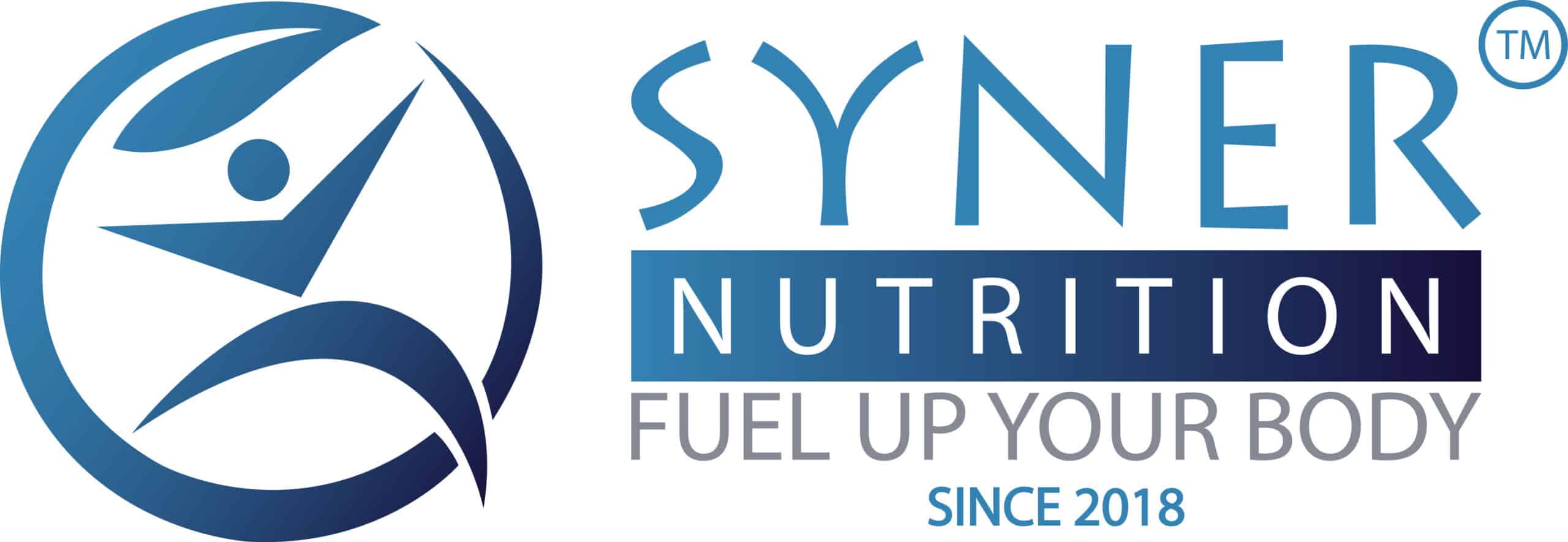


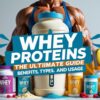
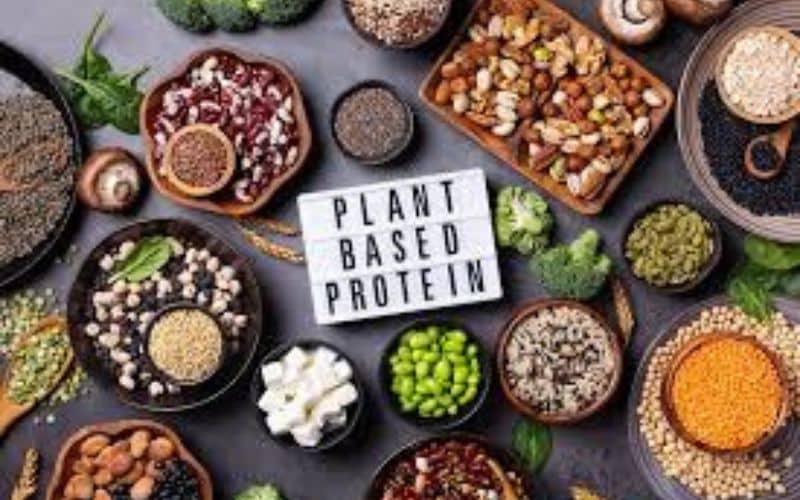
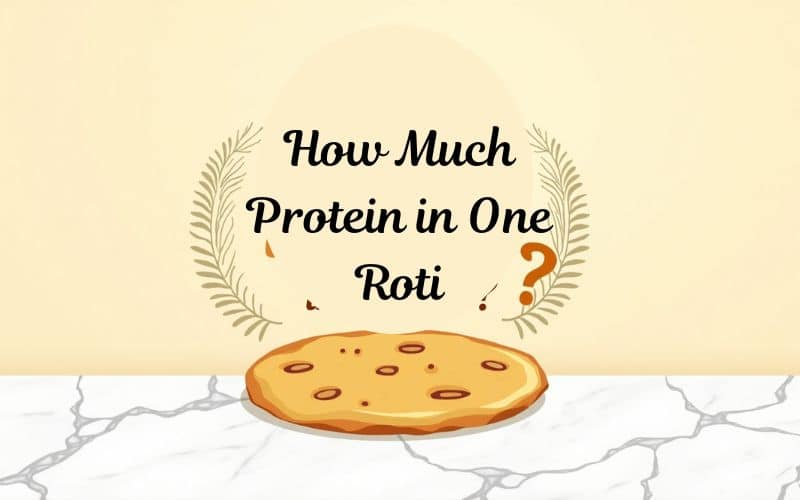
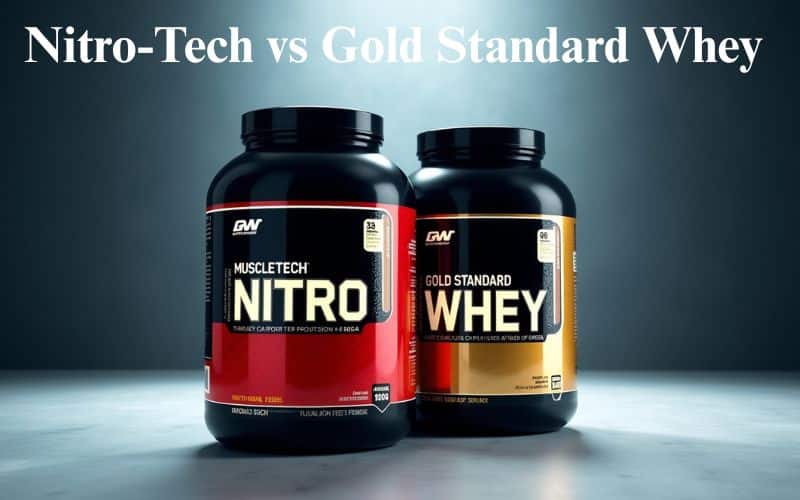

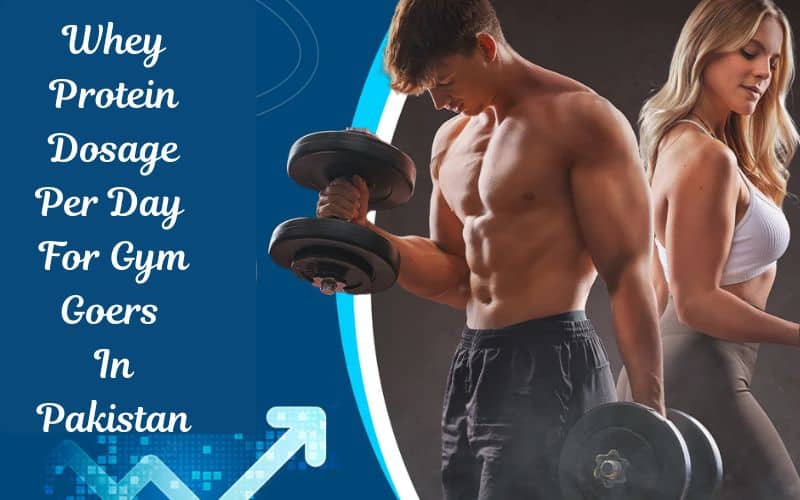
Add comment